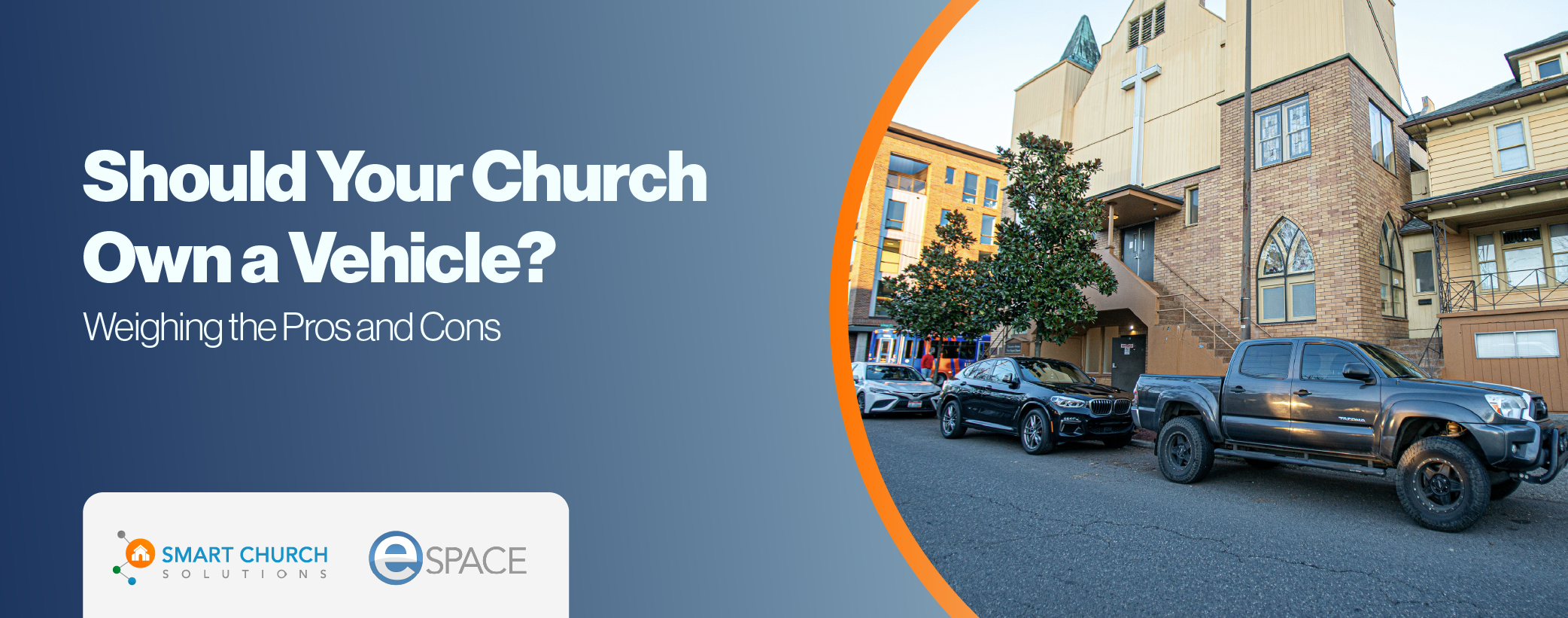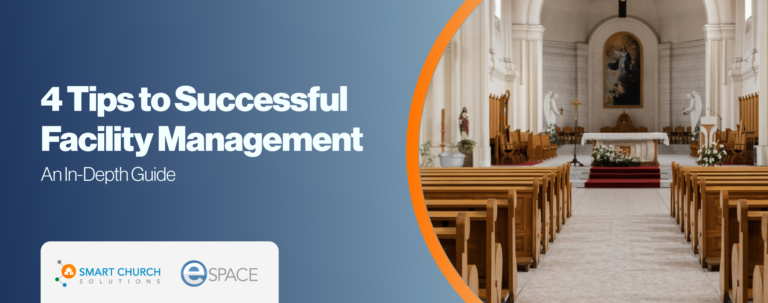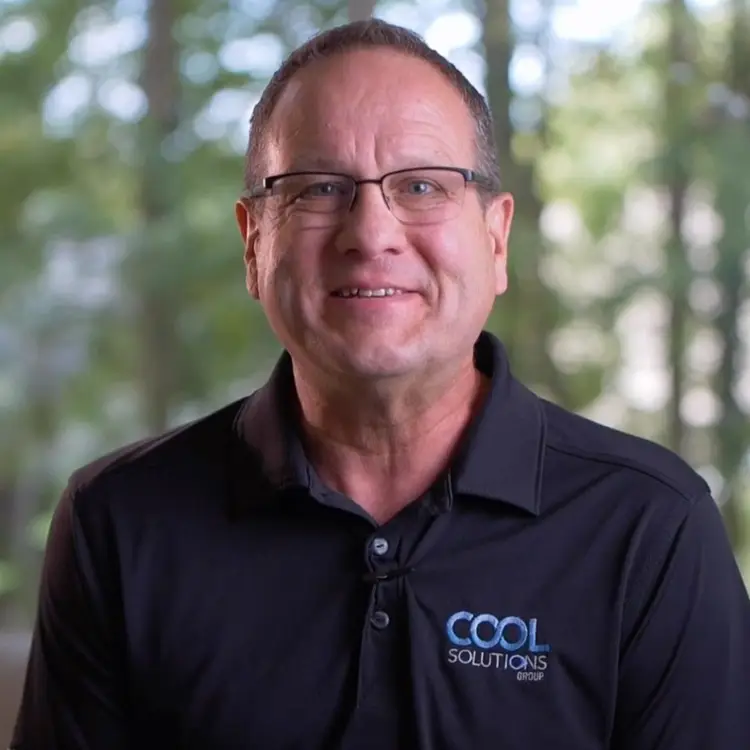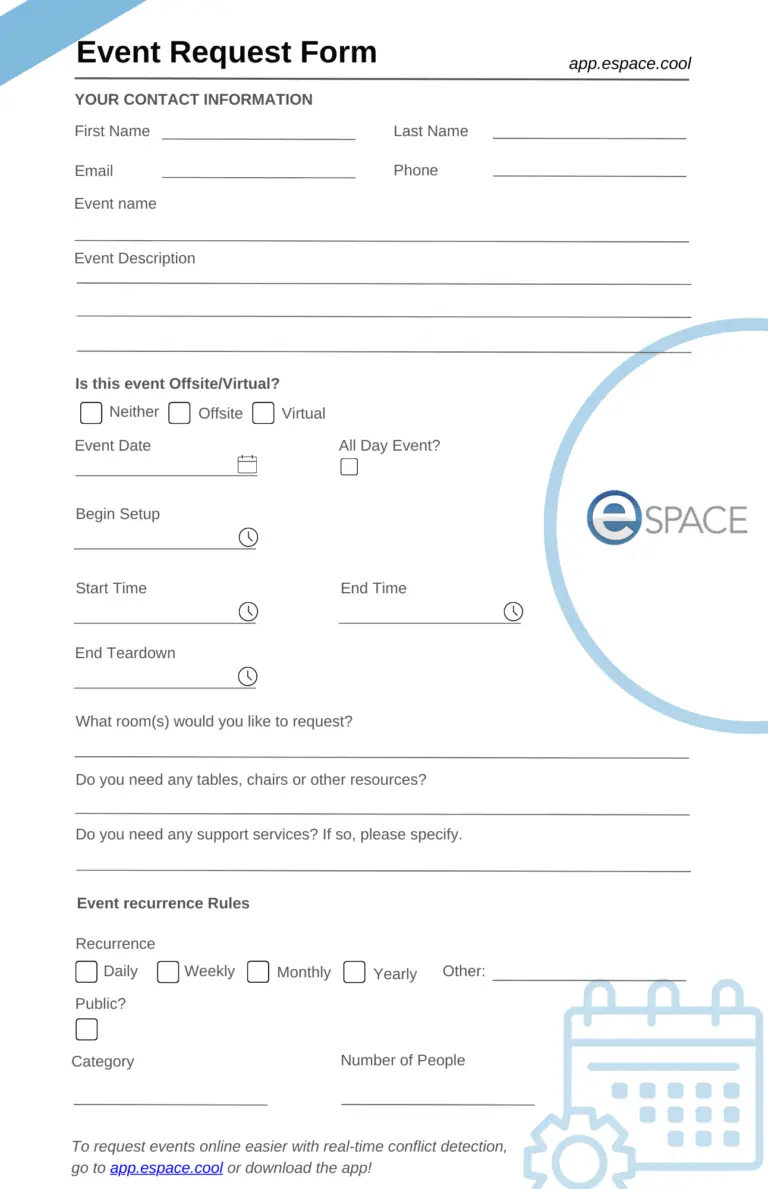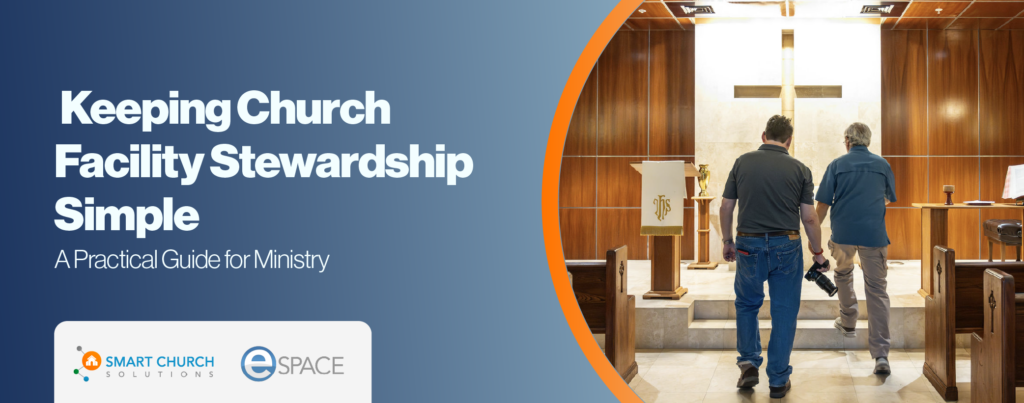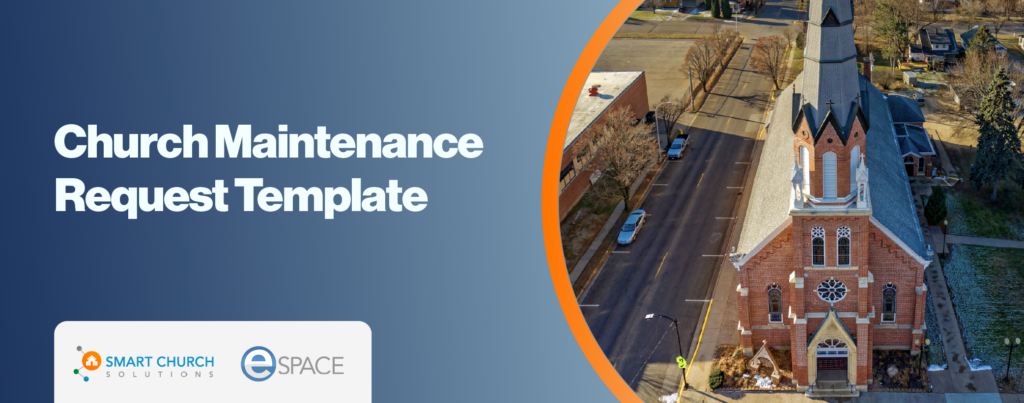For many churches, transportation is an important part of ministry—whether it’s helping members get to services, coordinating mission trips, or supporting outreach programs. But is owning a vehicle the right move for your church? While having a dedicated vehicle offers convenience and flexibility, it also comes with financial and logistical responsibilities.
Before making a decision, let’s explore the pros, cons, and alternative solutions, plus how eSPACE can help manage church-owned vehicles efficiently.
Pros of a Church Owning Vehicles
1. Expanding Accessibility and Outreach
Owning a vehicle enables the church to provide reliable transportation for members who may not have it, such as the elderly, people with disabilities, or members without a car. Additionally, it helps with outreach efforts, whether it’s picking up volunteers or shuttling people to events, increasing participation and engagement.
2. Simplifying Logistics for Church Events
Youth group trips, mission work, and volunteer projects all require transportation. A dedicated vehicle eliminates the hassle of coordinating rentals or relying on personal cars, making planning easier and more efficient.
3. Cost Savings Over Time
Though initial and ongoing costs are high, a well-maintained church vehicle can be more cost-effective than continually renting for each event. Churches with frequent transportation needs might see significant savings over time.
4. Branding and Visibility
A church vehicle with logos or signage acts as a mobile advertisement, boosting community awareness and presence. This is especially impactful if your church regularly engages in local events or charitable activities.
5. Emergency and Crisis Response
In emergencies, a church vehicle is a valuable asset for mobilizing quickly. It can transport supplies, evacuate vulnerable members, or assist in local crisis response, enhancing the church’s role as a community resource.

Cons of a Church Owning Vehicles
1. High Initial and Ongoing Costs
Purchasing a vehicle is a substantial investment. Insurance, fuel, repairs, and maintenance add to the costs, potentially straining the church’s budget, especially for smaller congregations.
2. Liability and Insurance Concerns
Owning and operating a vehicle brings liability risks, as accidents or injuries involving church-owned vehicles can expose the church to lawsuits. Comprehensive insurance is necessary but can be expensive.
3. Maintenance and Operational Demands
Regular maintenance, inspections, and repairs are essential for safe, reliable vehicle operation. Assigning responsibility for these tasks can create an administrative burden, requiring someone to manage schedules, compliance, and upkeep.
4. Underutilization of the Vehicle
If the church doesn’t use the vehicle often, the costs might outweigh the benefits. Idle vehicles also deteriorate over time, adding to maintenance costs even if they’re not actively used.
5. Driver Requirements and Safety
Finding qualified drivers can be challenging. Churches may need to vet, train, and supervise drivers to ensure compliance with local laws and minimize risks. Improper handling or inadequate training increases the chance of accidents.
6. Depreciation
Vehicles lose value over time, which means the church’s investment will not retain much resale value. If the church eventually decides that vehicle ownership isn’t feasible, it may be hard to recoup costs through resale.
7. Storage Space
Churches with limited parking or storage might struggle to keep a vehicle secure. Vehicles stored outside are also more vulnerable to weather damage, theft, or vandalism, increasing costs for repairs or security.
Alternatives to Owning a Vehicle
For churches that need transportation only occasionally, alternatives may be a better fit. Here are a few options:
- Renting or Leasing: Renting a vehicle for specific events eliminates the need for long-term ownership, maintenance, and storage costs. Leasing could be an option for those with semi-regular needs but who don’t want full ownership.
- Car-Sharing Services: Ride-sharing services like Uber or Lyft can be useful for smaller group outings, local transportation needs, or providing rides to members without cars.
- Partnering with Local Organizations: Some churches partner with community organizations, schools, or local transportation services to arrange transportation for events or outreach, reducing the need for a dedicated vehicle.
Exploring these options may reveal that renting, leasing, or partnering provides the necessary flexibility and cost-efficiency without the ongoing commitments of ownership.
How eSPACE Software Can Help Manage Vehicle Maintenance
If your church decides that owning a vehicle is the right choice, proper maintenance and management are crucial to ensure it remains a reliable resource. eSPACE Facility Management Software—while known for facility upkeep—also helps churches track and maintain their vehicles efficiently.
With eSPACE, your church can:
- Schedule Preventive Maintenance: Set up recurring maintenance tasks, such as oil changes, tire rotations, or brake inspections, to keep your vehicle safe and roadworthy.
- Track Service Records: Keep a history of all maintenance and repairs in one place, making it easy to access when needed or to inform budgeting decisions.
- Reminders and Notifications: Get automatic reminders for upcoming maintenance, inspections, or license renewals so that nothing falls through the cracks.
- Budgeting and Cost Tracking: Track costs associated with the vehicle, helping you understand and manage the total cost of ownership.
- Manage Warranties: Keep records of warranties on parts and labor to avoid unnecessary repair costs.
- Monitor Fuel Usage and Costs: Track fuel efficiency and expenses to help with budgeting and ministry cost allocation
With eSPACE, your church can manage vehicle upkeep as efficiently as your facility maintenance, helping to extend the life of your vehicle and keep transportation safe for everyone.
Is Vehicle Ownership Right for Your Church?
The decision comes down to need, budget, and capacity to manage the responsibilities. If your church frequently requires transportation and has the resources to maintain a vehicle, ownership can be a valuable asset that enhances ministry and outreach. However, if transportation needs are occasional, renting, leasing, or partnering with local services may be a more practical and cost-effective approach.
Whatever the choice, planning ahead and using tools like eSPACE can help maximize the impact of your church’s transportation resources.


